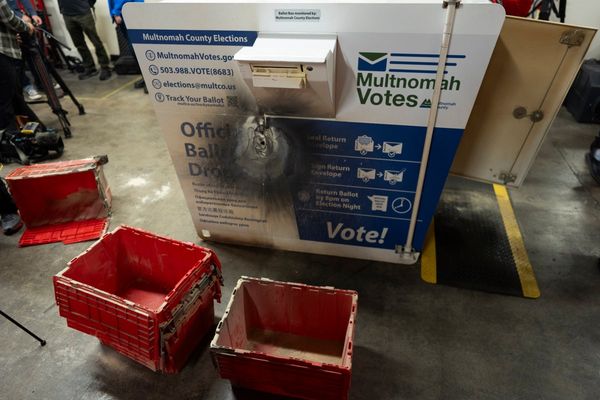The cost of living is greater than ever, with everything from food to fuel increasing in price.
It comes as inflation rate increased to 10.4 per cent in February, with the 'salad crisis' helping push up prices to the highest rate recored in 45 years. The increase represents an increased of 0.3 per cent, with inflation accelerating from 10.1 per cent to 10.4 per cent last month.
Inflation is a key indicator of the health of the UK economy, with thing including food, energy and household costs all contributing to the rate. But what does inflation mean, how is it measured, and how will an increase impact you?
What is inflation?
When it comes to the economy, inflation is the in which the price of goods and services increase over time.
Broadly, inflation represents the overall increase in the cost of living across the country.
However, inflation can also be more narrowly calculated by analysing certain good or types of services - for example the cost fo good or the price a haircut.
Generally, inflation rates are used to represent how much more expensive things become over time.
Inflation is most commonly measured in years, so the cost of things will be compared to 12 months previous.
What is the current rate of inflation and what is the target rate?
According to the Bank of England, the current rate of inflation is 10.4 per cent. The target rate of inflation is just two per cent.
Core inflation - the rate of inflation that strips out volatile items such as food an energy - also increased in February. The rate now stands at 6.2 percent, up from 5.8 per cent despite experts expecting a slowdown to 5.7 per cent.
How is inflation measured?
To measure the average cost of living, and in turn inflation, the government tracks the cost of commonly purchased items over time.
Government agencies also track the price of things including housing expenses, rent and mortgages.
According to the Government, the three most common measures used to measure inflation in the UK are are, RPI, Consumer Prices Index (CPI) and Consumer Prices Index with Housing (CPIH).
Examples of CPI include:
- Pension schemes
- Bank of England interest rate
- Increases to social security benefits
Example of CPIH include:
- Housing costs
Examples of RPI include:
- Regulated rail fares
- Index-linked gilt payments
How does inflation impact you?
Inflation increases prices generally - including both goods and services. So it means that a higher inflation rate with make purchasing pricier as well as lower consumer purchasing power due to increased costs.
Inflation also lowers. values of pensions and savings.
Interest rates also likely increase as inflation rising, this means that borrowing can become more difficult, with things like mortgage rates and payments increasing.
Assets such as property are collectables are usually able to keep up with inflation rates.
Don't miss the latest news from around Scotland and beyond. Sign up to our daily newsletter here.







